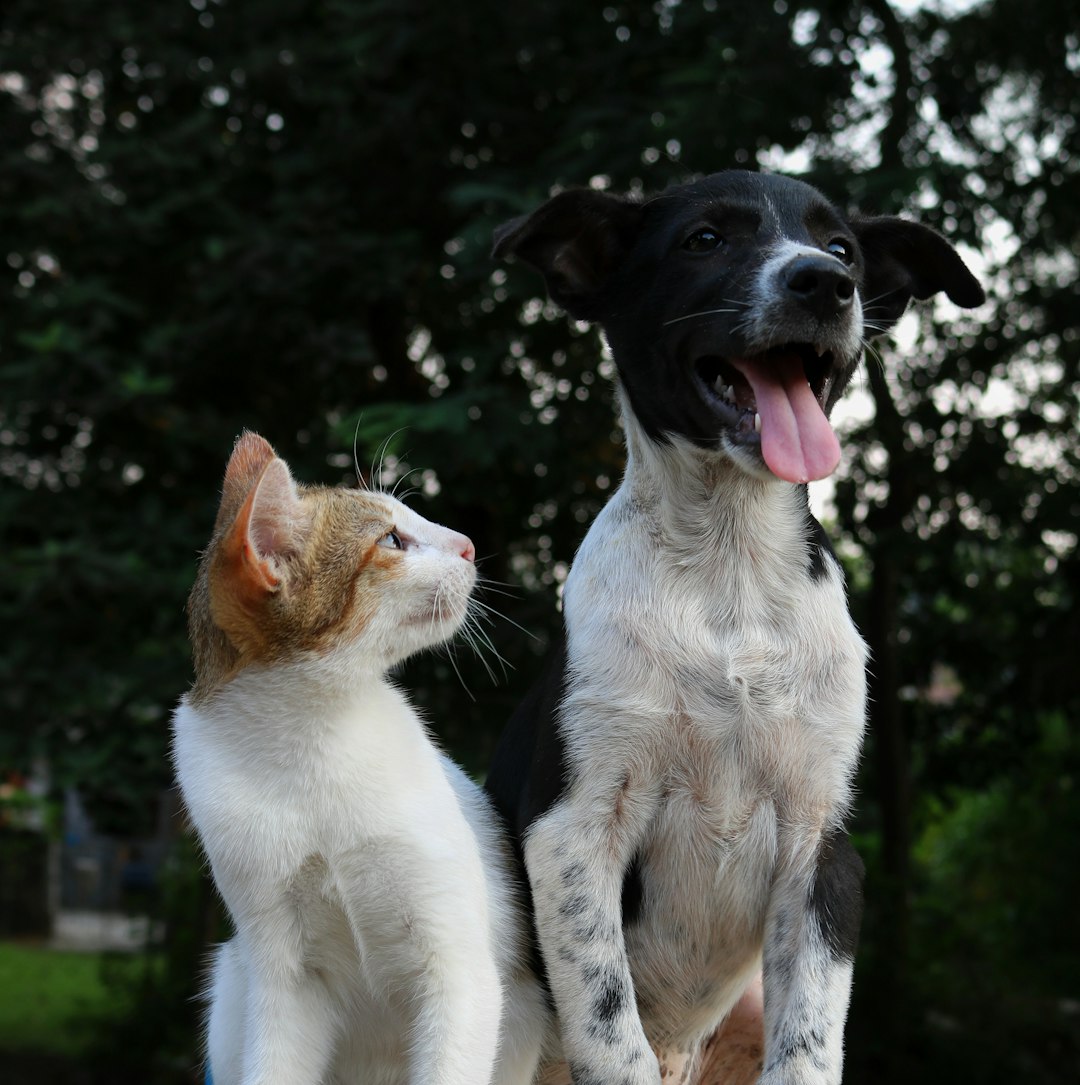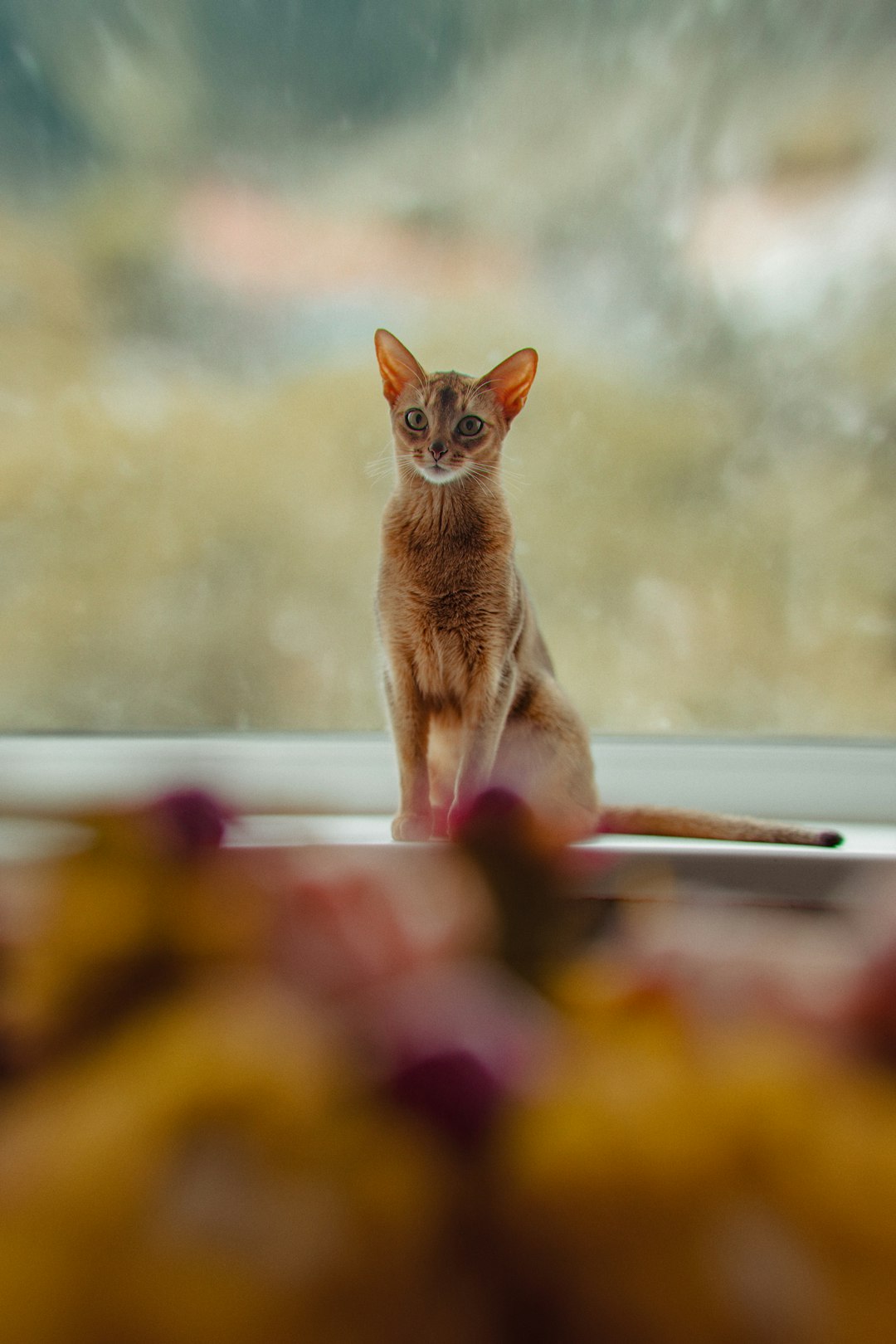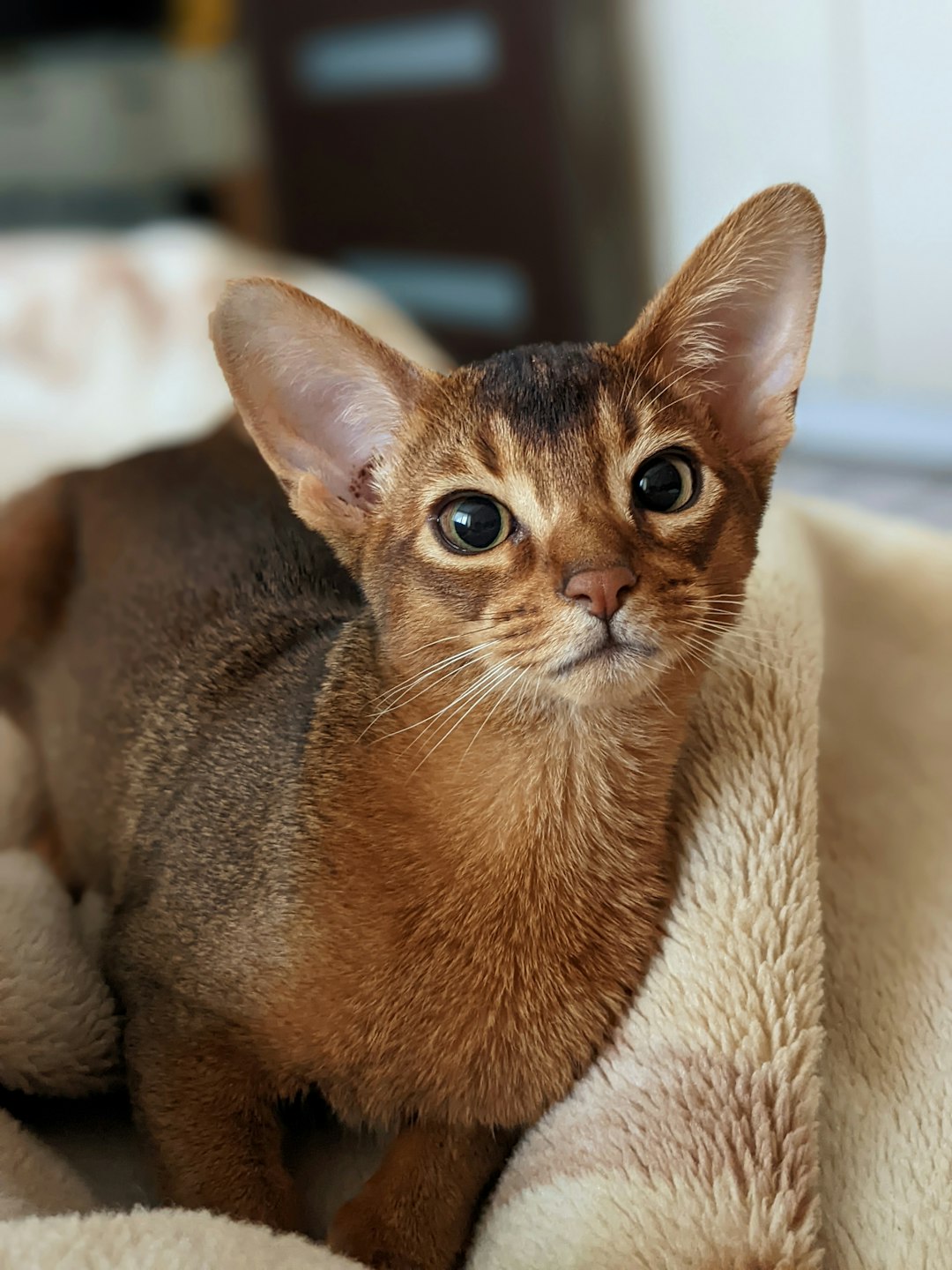Exploring the fascinating world of the Munchkin cat breed reveals not only their adorable appearance but also important insights into their health and longevity. Understanding the Munchkin Cat lifespan is crucial for prospective owners, as their unique genetic characteristics can influence both their lifespan and quality of life. By considering factors such as diet, regular veterinary care, and environmental enrichment, you can significantly contribute to the well-being of your Munchkin cat, ensuring they thrive and bring joy to your home for many years.
Understanding the Munchkin Cat Breed
The Munchkin cat captivates pet lovers with its distinctive appearance and playful personality. Recognized for their short legs caused by a natural genetic mutation, these agile cats maintain impressive mobility and charm. Here are some key points to know about the breed:
- Size: Munchkin cats are typically small to medium-sized, weighing between 5 to 9 pounds.
- Coat: They come in various coat lengths—long-haired and short-haired—allowing for a diverse range of styles and colors.
- Personality: Munchkins are known for their friendly and sociable nature, making them great companions. They often display a playful demeanor, engaging in fun antics that entertain their owners.
- Adaptability: These cats adjust well to different living situations, whether in apartments or houses, and they thrive in both single and multi-pet households.
The Munchkin cat lifespan can be positively influenced by understanding their unique characteristics and providing them with a loving environment. By being aware of their needs and traits, you can form a strong bond with your Munchkin while ensuring they lead a happy and healthy life.
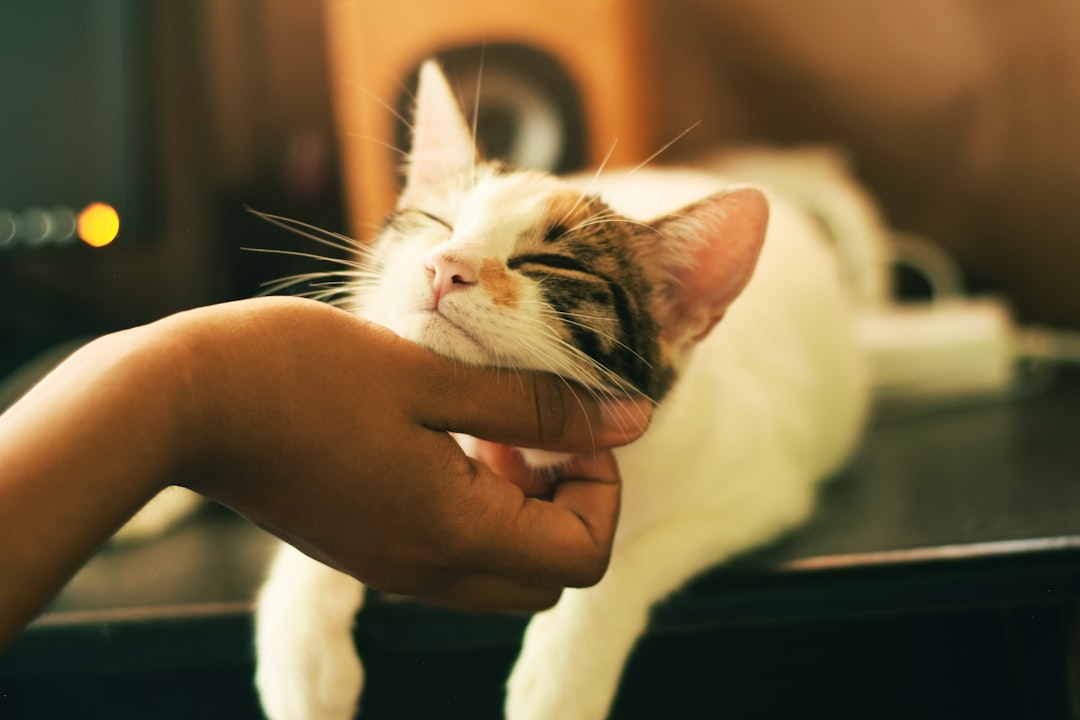
Factors Affecting Munchkin Cat Lifespan
When considering the Munchkin Cat lifespan, several factors come into play, each impacting how long you can expect your feline friend to live. Understanding these elements can help you provide the best care possible. Here are the key factors to consider:
Genetics: Munchkin cats, like all breeds, inherit traits from their parents. Genetic predispositions can lead to specific health issues that may shorten their lifespan.
Diet: Proper nutrition significantly influences health. A balanced diet rich in essential nutrients promotes longevity.
Weight Management: Obesity can lead to various health problems. Keeping your Munchkin at a healthy weight is crucial for extending their lifespan.
Exercise: Regular activity keeps your cat physically fit and mentally stimulated. Engaging playtime can prevent obesity and related health issues.
Veterinary Care: Routine check-ups help catch potential health problems early. Regular vaccines and preventive measures play a vital role in extending your Munchkin Cat lifespan.
By focusing on these factors, you can contribute to a longer, healthier life for your Munchkin cat.
Average Lifespan of Munchkin Cats
When considering the Munchkin Cat lifespan, it’s essential to note that these charming felines typically live between 12 to 15 years. However, with the right care, some Munchkins can live even longer. Here are key points to remember:
- Genetics: Their lifespan can be influenced by genetic factors. Munchkins tend to inherit some health traits that affect longevity.
- Care: Proper diet, exercise, and regular check-ups play significant roles in extending the Munchkin Cat lifespan.
- Environment: A safe, enriching environment contributes positively to their overall well-being.
Comparison of Lifespan
| Breed | Average Lifespan |
|---|---|
| Munchkin Cat | 12 to 15 years |
| Domestic Shorthair | 12 to 15 years |
| Siamese Cat | 12 to 20 years |
| Persian Cat | 12 to 17 years |
In summary, while Munchkin cats generally enjoy a good lifespan comparable to other breeds, attentive care can enhance their quality of life and longevity. Factors such as breed characteristics and daily care significantly impact the Munchkin cat lifespan.
Common Health Issues in Munchkin Cats
Munchkin cats may be small and adorable, but they are not without health concerns. Understanding these common issues can help you ensure your feline friend enjoys a long, happy life.
Key Health Issues to Watch For:
- Skeletal Problems: Due to their unique body structure, Munchkins may experience spinal issues or other skeletal deformities.
- Heart Disease: Hypertrophic cardiomyopathy (HCM) is prevalent in many cat breeds, including Munchkins, and can lead to serious health complications if not monitored.
- Obesity: Like all cats, Munchkin cats can become overweight, leading to diabetes, arthritis, and reduced lifespan.
Preventive Care:
- Regular Vet Visits: Routine check-ups can help detect health issues early.
- Balanced Diet: Maintaining an optimal weight is crucial for the Munchkin cat lifespan.
- Activity and Playtime: Engage your Munchkin with toys to encourage exercise and mental stimulation.
By actively managing these common health issues, you can significantly contribute to a longer, healthier Munchkin cat lifespan.
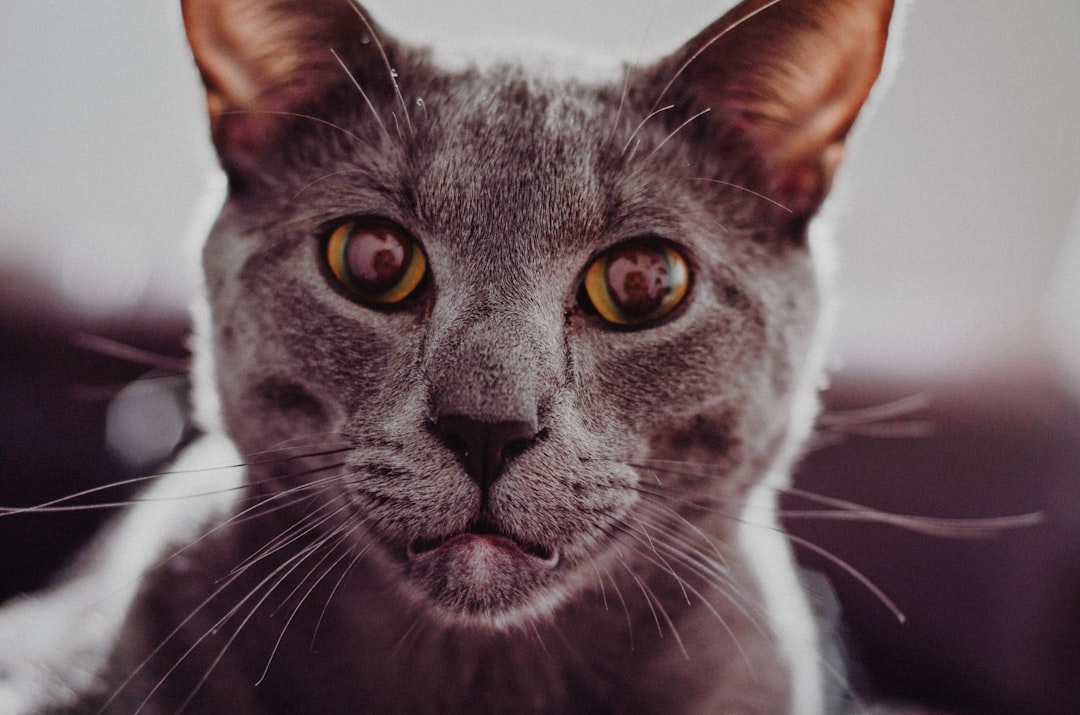
Nutrition and Diet Tips for Munchkin Cats
Providing a balanced diet is crucial for maintaining a healthy Munchkin Cat lifespan. The specific dietary needs of Munchkin cats can greatly influence their overall wellbeing. Here are some essential nutrition tips for your furry friend:
- High-Quality Protein: Choose cat food that lists meat as the first ingredient. Munchkin cats need protein for muscle upkeep and energy boosts.
- Healthy Fats: Include sources of omega-3 and omega-6 fatty acids to promote a shiny coat and enhance skin health.
- Hydration: Always provide fresh water. Munchkin cats can be susceptible to urinary issues, so keep them hydrated.
- Portion Control: Monitor food portions to prevent obesity, which can decrease the Munchkin Cat lifespan. Follow feeding guidelines based on their age and activity level.
- Fruits and Vegetables: Incorporate vet-approved fruits and veggies as treats. These offer essential vitamins and minerals.
Remember, regular dietary adjustments may be necessary as your Munchkin cat ages, affecting their health and longevity. By prioritizing nutrition, you help ensure a longer, healthier Munchkin Cat lifespan.
Importance of Regular Veterinary Check-ups
Regular veterinary check-ups play a crucial role in maintaining your Munchkin cat’s health and can significantly influence the Munchkin Cat Lifespan. These routine visits help detect potential health issues early and ensure your feline friend receives appropriate care. Here are some key reasons to prioritize regular vet appointments:
Early Detection: Identifying conditions like obesity, dental issues, or heart disease early can lead to effective treatment options.
Vaccinations: Keeping your Munchkin up to date with vaccinations protects them from infectious diseases that can shorten their lifespan.
Parasite Control: Regular vet visits help manage and prevent parasites, such as fleas or worms, that can negatively impact health.
Tailored Nutrition Advice: Vets can provide specific dietary recommendations that promote a healthy weight and improve your Munchkin’s vitality.
Behavioral Insights: Professional assessments can help understand any behavioral issues, leading to a happier, healthier cat.
By committing to regular check-ups, you contribute to a longer, healthier Munchkin Cat Lifespan and enjoy a more joyful companionship with your adorable pet.
Creating a Safe and Enriching Environment
To promote a healthy Munchkin Cat lifespan, it’s crucial to provide your feline friend with a safe and stimulating environment. Here are some tips to consider:
Safe Space: Designate a cozy area where your Munchkin can retreat. This should include comfortable bedding and be free from hazards like toxic plants or small objects they might swallow.
Vertical Spaces: Munchkin cats enjoy climbing. Incorporate cat trees or shelves to offer them vertical exploration.
Interactive Toys: Engage their natural curiosity with interactive toys, such as feather wands or treat-dispensing puzzles. This keeps their mind active while fostering physical health.
Regular Playtime: Make playtime a daily routine. Aim for at least 15-20 minutes of interactive play to keep your Munchkin physically fit and mentally stimulated.
Environmental Enrichment: Introduce new scents, sounds, and sights. Safe outdoor experiences, such as leash walking or cat enclosures, can significantly enrich their lives.
By focusing on these elements, you can help ensure a longer, healthier Munchkin Cat lifespan and a happier pet overall.
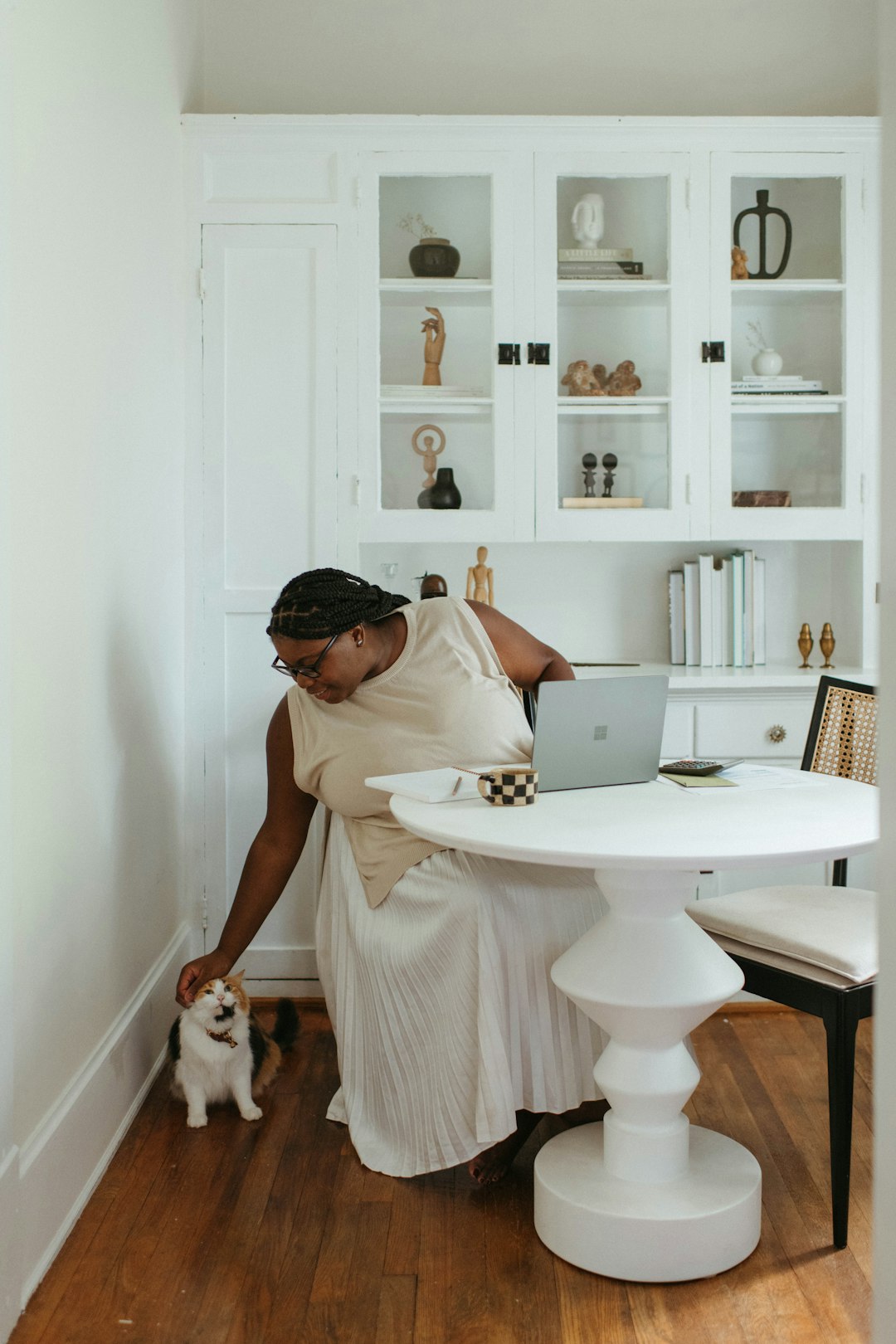
Tips for Extending Your Munchkin Cat’s Lifespan
Ensuring a long and healthy life for your Munchkin cat requires proactive care and understanding of their specific needs. Here are several effective tips to help extend your Munchkin Cat’s lifespan:
Balanced Diet: Provide high-quality cat food rich in essential nutrients. A diet formulated for indoor cats can support their specific energy needs.
Regular Exercise: Munchkins are playful and energetic. Engage them with interactive toys or playtime to maintain a healthy weight and prevent obesity-related issues.
Routine Vet Visits: Schedule regular check-ups with a veterinarian. Early detection of health problems can significantly affect your Munchkin Cat’s lifespan.
Dental Care: Implement dental hygiene practices such as brushing their teeth or providing dental treats to prevent periodontal disease.
Stress Reduction: Create a safe and stimulating environment. Limit exposure to stressors like loud noises or aggressive animals.
By following these tips, you can positively influence your Munchkin Cat’s lifespan and ensure they lead a happy, fulfilling life. Remember, a combination of proper care, nutrition, and love can make all the difference in your Munchkin Cat’s lifespan.
Frequently Asked Questions
What is the average lifespan of a Munchkin cat?
The average lifespan of a Munchkin cat typically ranges between 12 to 15 years, although with proper care, some can live even longer. Factors such as genetics, diet, lifestyle, and regular veterinary check-ups play a significant role in determining their overall health and longevity. It’s essential to provide these playful cats with a balanced diet, exercise, and a stress-free environment to help maximize their lifespan.
Are Munchkin cats prone to any health issues?
Yes, Munchkin cats can be predisposed to certain health issues, particularly related to their unique skeletal structure. Conditions such as lordosis, a curvature of the spine, and other spine-related abnormalities can occur. However, with diligent breeding practices aimed at ensuring the health and well-being of the breed, many Munchkin cats live healthy lives. Regular veterinary check-ups are crucial to monitor their health and catch any potential problems early.
How can I care for my Munchkin cat to ensure a long lifespan?
To ensure a long and healthy lifespan for your Munchkin cat, focus on providing a balanced diet, regular playtime, and mental stimulation. Schedule routine veterinary visits for vaccinations and health screenings. Additionally, maintain a clean living environment and provide plenty of scratching posts and toys to keep them active and engaged. Keeping your cat indoors can also protect them from accidents and diseases, contributing to an overall healthier life.
Are Munchkin cats known for their temperament?
Munchkin cats are generally known for their friendly and sociable temperament. They are playful, affectionate, and enjoy interacting with humans and other pets. Their unique stature does not hinder their agility; they remain active and curious creatures. Munchkin cats tend to form strong bonds with their owners, often following them around the house, making them delightful companions. This friendly disposition contributes greatly to their popularity as a pet among many cat lovers.

